Become a #ClimateWarrior!
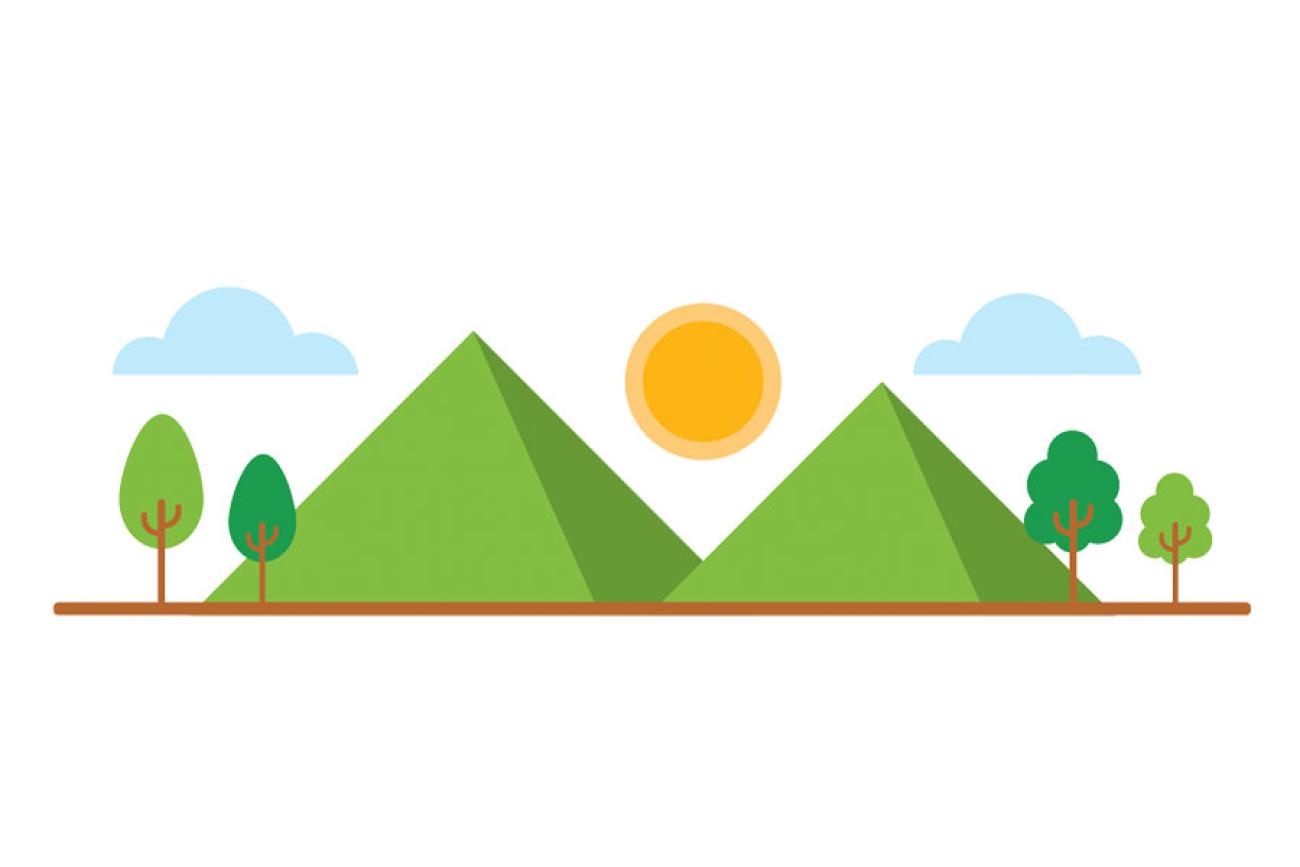
Actions you can take to help create a greener environment
Plants help to produce oxygen, absorb toxics in the air, store carbon, increase biodiversity, cool down our cities, and can protect against flooding - just to mention a few examples! Help creating a greener environment by:

1. Make your home or garden green with a new plant!
Use seeds - or why not an old potato or onion - from food leftovers. Or if you have the possibility, plant a tree in your garden or propagate one of your favorite plants. Share your action, progress and learning on social media with us.
Most of us use and then toss way more plastic than we need: things like plastic bags and bottles, straws, food wrappers, and plastic packaging. Plastic that is used only once before being thrown away is called single-use plastic. In fact, single-use plastic makes up more than 40 percent of all plastic waste in the world!
It is important to be mindful of how we use resources to help reduce the amount of waste we produce every day. This means for example to i) Reduce your consumption of items you don’t need, such as single-use plastic products, and make sure to ii) Reuse items as many times as possible, and iii) Recycle your waste. These 3 actions are called the 3 R’s.
Waste management actions according to the 3R's approach:
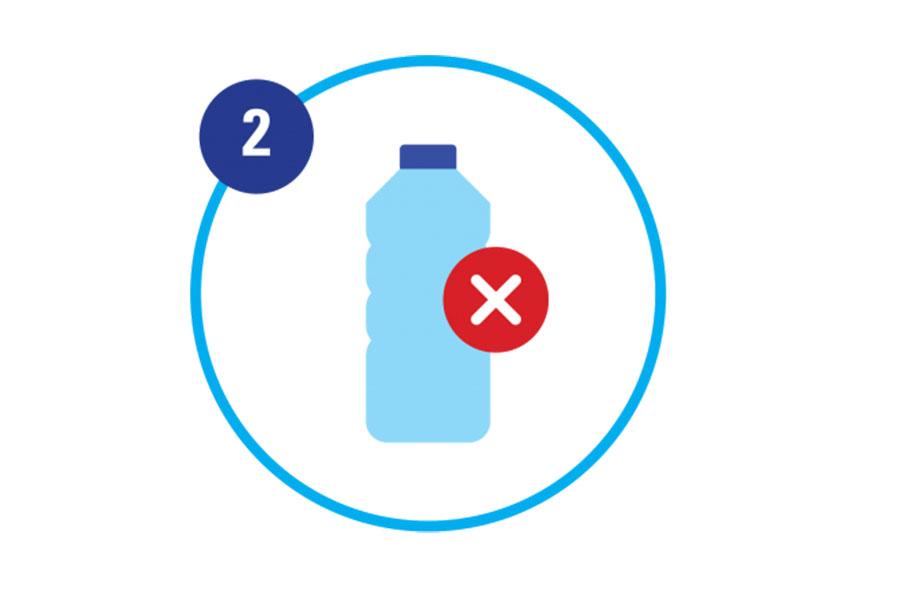
2. Reduce your usage of plastics in your everyday life.
Let us know what actions you have taken to reduce your plastic consumption.
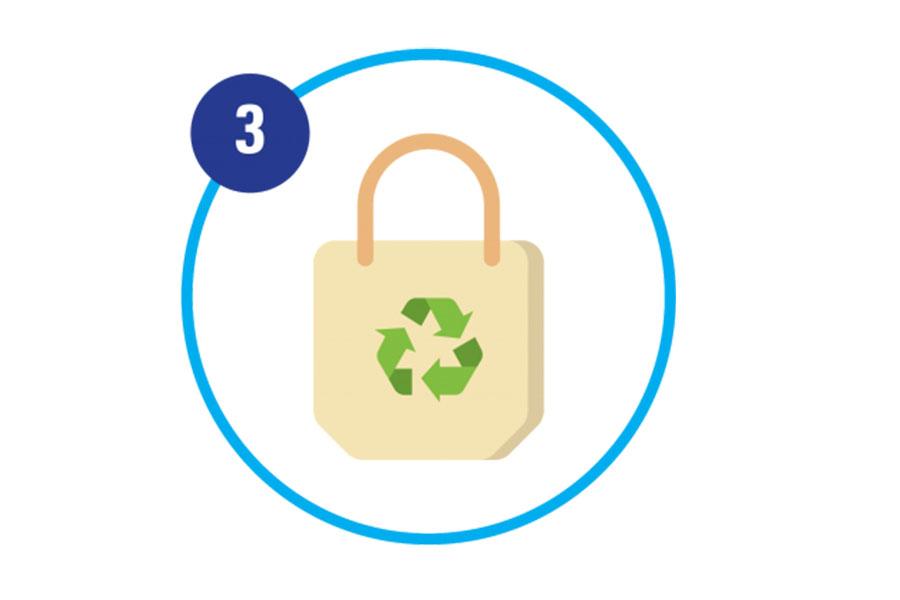
3. Start using reusable bags, such as tote bags and cloth bags – say no thanks to plastic bags!
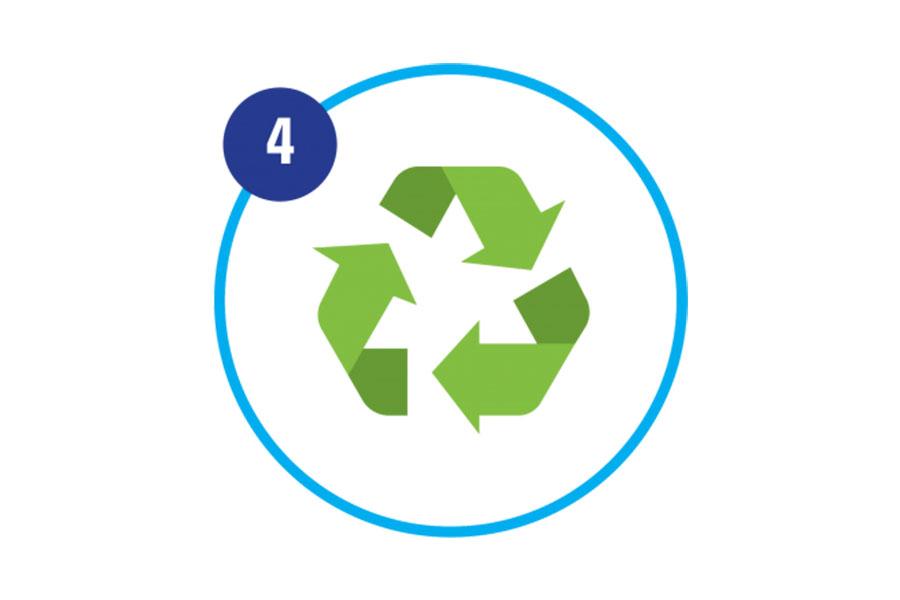
4. Reuse and upcycle items and plastics
Reuse your plastic bags as many times you can, upcycle plastic bottles and boxes into pots for plants, turn old clothes into bags and cloths, etc. Your imagination is the limit!
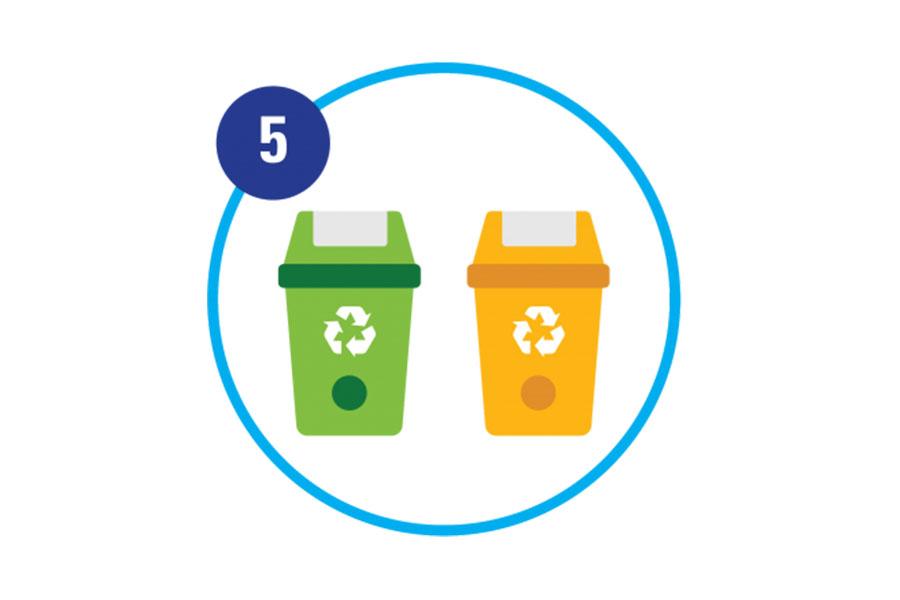
5. Recycle by segregating your wastes at home into decomposable and non-decomposable
Decomposable waste can be turned into manure, whereas non-decomposable waste can be collected and sold. Remember, burning your waste creates toxic fumes and is bad for the health of the soil, water and air, and ultimately for us humans and animals too.
Using water smartly and efficiently helps to preserve our environment, reduces pressure on the public water supply and the risk of droughts, as well as saving money. Changing just a few habits to save water can go a long way towards making the world a better place.
6. What can you do to save water?
Share how you are using water smart and efficient! For instance, by closing taps properly and reusing water.
7. Store and utilize rainwater for watering your plants and other purposes
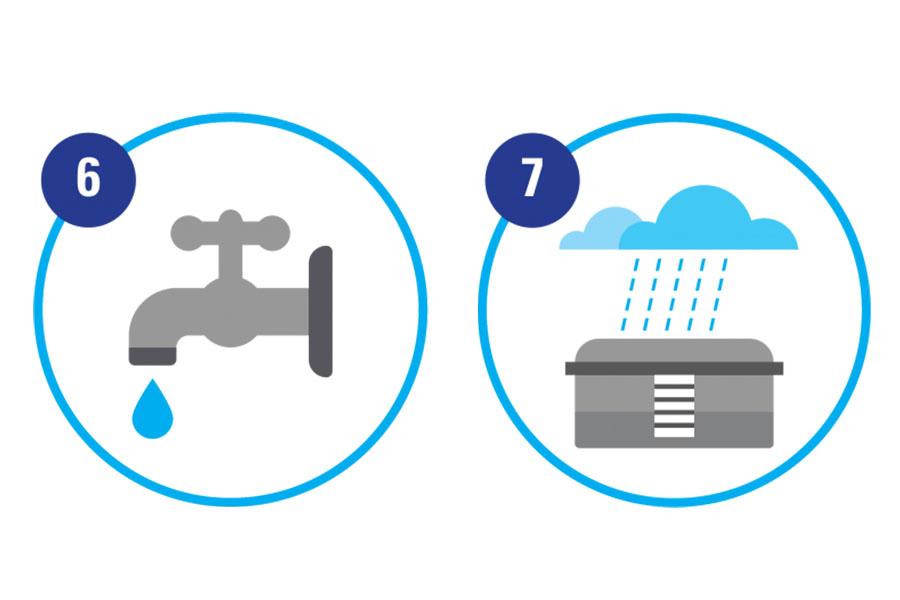
8. Advocacy
Practice these actions and make your friends, family and neighbors aware by spreading what you are doing for the climate and environment on social media and at home.
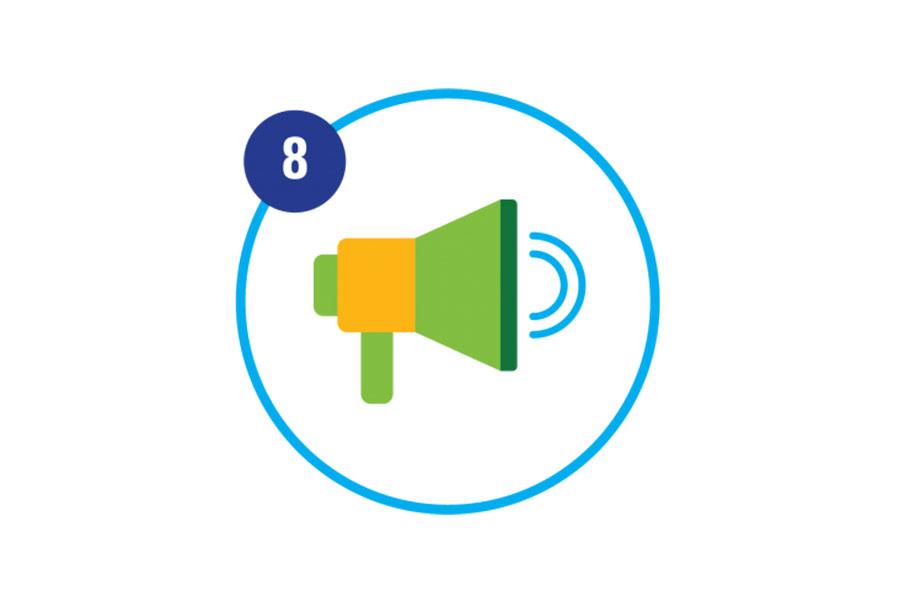
Share your photos or videos where you take these climate actions and tag 3 of your friends to join the movement,
and @UNICEFNepal on Facebook and Instagram, @UNICEF_Nepal on Twitter,
@WWFNepal and @NYCA and the hashtag #ClimateWarrior.

